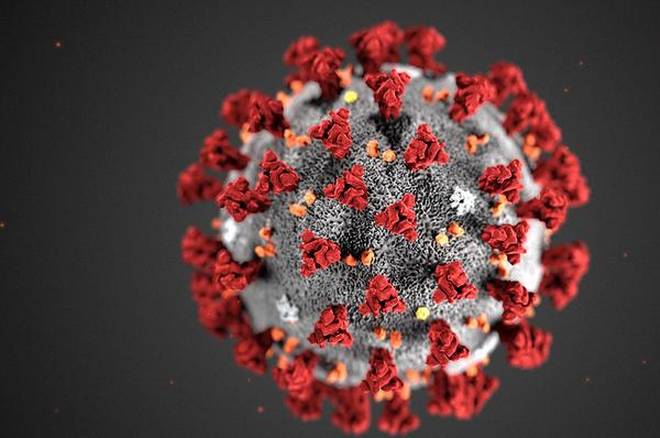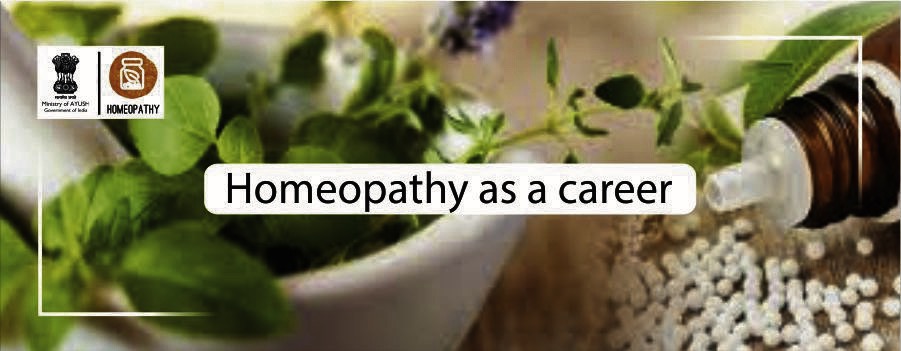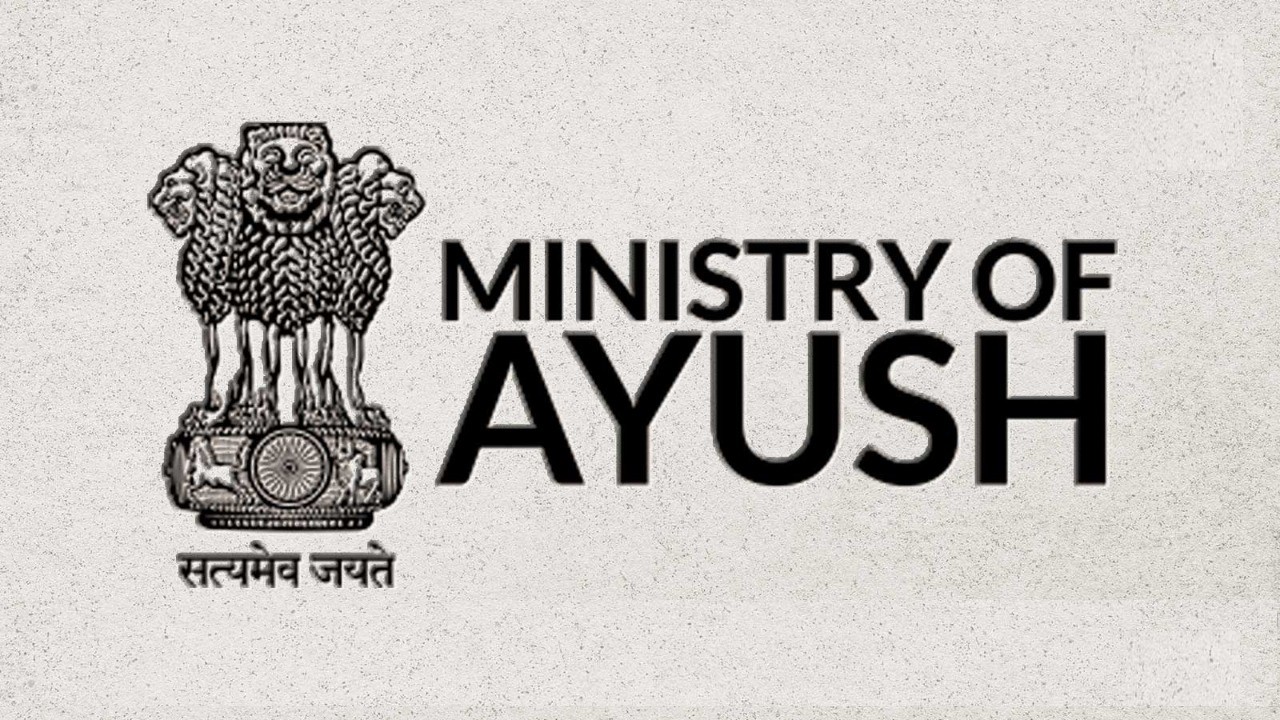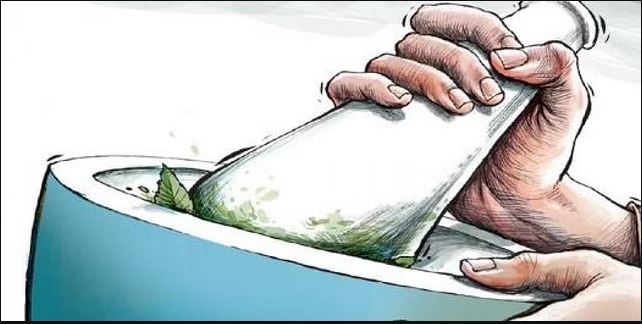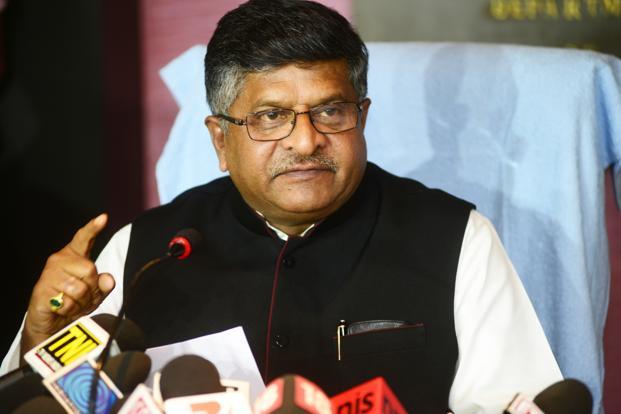Public health activists have urged the State government to have a rethink on its recently launched drive to distribute Arsenicum Album 30 C tablets among school students.
This is against the backdrop of a randomised controlled feasibility study that showed the medicine to be ineffective on people infected with SARS-CoV-2. The study was published in the peer-reviewed international journalHomeopathyin September. The authors are Gitanjali Talele, Shashikant Vaidhya, Abhay Chowdhary, Paul Herscu, and Rajesh Shah. The study meant to explore, among other things, the efficacy of selected homeopathic medicines as a preventive measure for developing COVID-19.
The six-group, randomised, double-blind, placebo-controlled prophylaxis study was conducted in a COVID-19 exposed population at a quarantine facility in Mumbai. A placebo is a substance or treatment without any therapeutic value. Each group received one of the following: Arsenicum Album 30 C, Bryonia Alba 30 C, a combination (Arsenicum Album 30 C, Bryonia Alba 30 c, Gelsemium Sempervirens 30 C, and Influenzinum 30 C), coronavirus nosode CVN01 30 C, Camphora 1M, or a placebo. Six pills twice a day were administered for three days. Those who were given Arsenicum Album did not show any efficacy, the study said.
Arif Hussain Theruvath, a former homeopathy consultant, said there was a dearth of quality studies to prove the efficacy of homeopathy. All of the quality studies done so far around the world have clearly shown it does not work, and many governments had stopped spending from the public exchequer for it. “The Homeopathy department in Kerala now must foray for fresh scientific evidence to support their programme of supplying the tablet among schoolchildren,” he said. Functionaries of the Campaign Against Pseudo Science Using Law and Ethics, aligned to the Kerala Sasthra Sahitya Parishad, said in a statement that this study had proved beyond doubt that Arsenicum Album had only a placebo effect.
